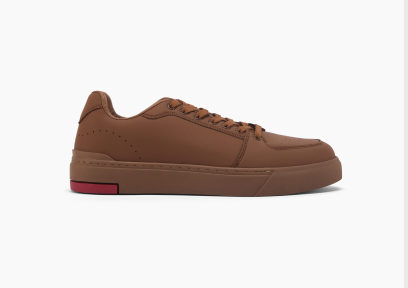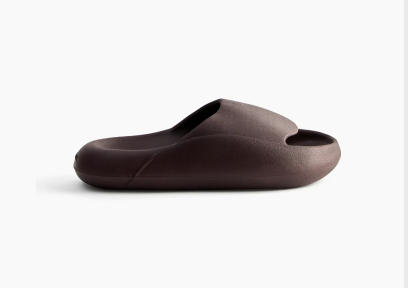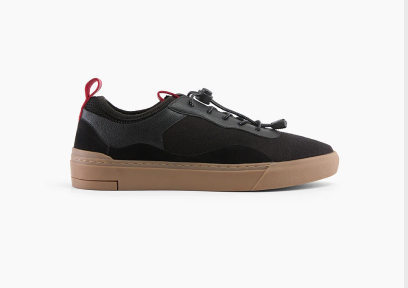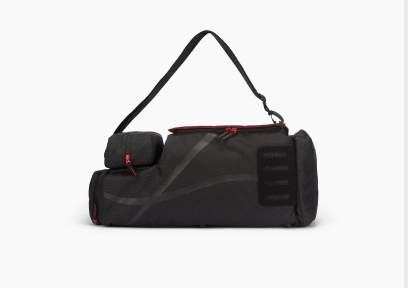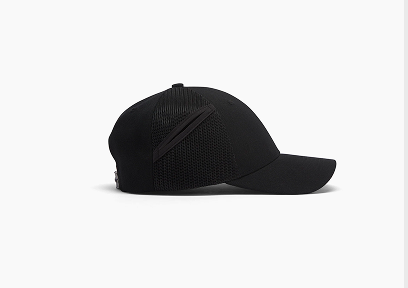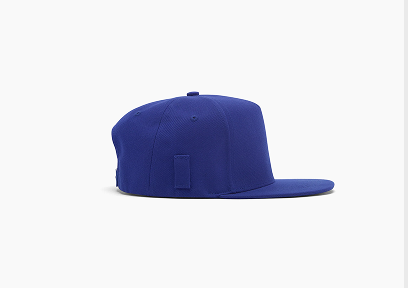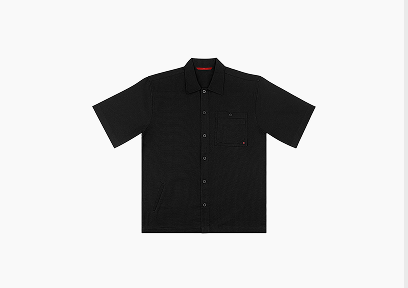The Importance of Shoes in Foot Health: What You Should Know

You spend hours on your feet each day– walking, standing, rushing between tasks. Yet your shoes, the very layer that supports every step, rarely get the attention they deserve. It is easy to overlook them until pain sets in: that dull ache in your heels, the tightness in your arches, or the fatigue that creeps in after long hours on hard surfaces.
Those small discomforts are not random. They’re signals. Signs that your footwear may not be supporting you as it should. When your shoes fail to align and protect your feet, the strain doesn’t stop there. It travels upward, affecting posture, joints, and even mood.
The good news is that the solution starts from the ground up. Knowing the importance of shoes gives you control over your comfort, balance, and mobility. With the right knowledge and footwear, maintaining healthy feet becomes simple and sustainable.
Why Shoes Matter for Foot Health
Shoes do more than complete an outfit. They protect, support, and influence how your body moves. The importance of shoes lies in their role as the first line of defence against strain, misalignment, and fatigue. A good pair of cushions every step, distributes pressure evenly, and stabilises your gait.
When your footwear lacks these essential qualities, your feet compensate. Over time, poor fit or weak support can lead to arch collapse, joint misalignment, or chronic discomfort. You might feel the effects as soreness after long walks or stiffness that lingers through the day. The importance of foot care lies in recognising that each shoe you wear contributes to how your feet feel and function daily.
The Connection Between Footwear and Overall Wellness
Your feet are the foundation of your body. Every step impacts your knees, hips, and spine. Shoes that fail to provide proper cushioning or support force these joints to absorb more shock.
By wearing shoes that encourage natural alignment, you reduce strain and improve posture. That is one of the benefits of shoes– they not only protect your feet but also promote balance and movement efficiency. Choosing supportive footwear is one of the simplest ways to begin preventing foot pain before it develops into a lasting issue.
Preventing Foot Problems Starts with Awareness
You might not notice how small design differences in footwear can affect your comfort. Stiff soles, cramped toe boxes, or thin padding may look sleek, but they limit your feet’s ability to move and flex naturally. Over time, it can cause blisters, calluses, and joint inflammation.
Learning about the advantages and disadvantages of footwear allows you to make informed choices. Fashion-forward designs shouldn’t come at the expense of comfort or structure. The key lies in balancing form and function.
Features of Shoes That Support Foot Health
When assessing a pair of shoes, look beyond aesthetics. Focus on the features of shoes that define their health value:
- Arch support: Maintains your foot’s natural shape and alignment.
- Cushioned midsoles: Absorb shock and reduce joint stress.
- Breathable materials: Keep feet dry and reduce the risk of irritation.
- Flexible outsoles: Allow smooth, natural movement.
- Proper fit: Prevents slippage, pressure points, and instability.
Shoes designed with these principles help in preventing foot problems and maintaining long-term comfort.
Types of Shoes and Their Impact
Different types of shoes serve specific purposes. For example, there is a clear difference between sneakers and casual shoes. Sneakers are built for flexibility and daily wear, while loafers focus on structure and polish. Athletic shoes vary in cushioning and grip depending on the activity.
When choosing footwear, match the type to your movement needs. Running shoes emphasise impact absorption, whereas walking shoes prioritise stability. Sandals can be beneficial in moderation if they include arch support and adjustable straps.
Know how each design interacts with your body. It is essential for preventing foot pain and maintaining mobility over time.
Shoe Materials Matter
The choice of materials directly affects comfort and foot health. Leather and canvas offer breathability and shape retention, while synthetic blends may deliver flexibility and lighter weight. Recently, vegan leather has become a standout option for those seeking sustainable choices.
The best shoe material should provide structure without rigidity and softness without sagging. Vegan leather achieves that balance, combining durability with environmental consciousness. Selecting sustainable materials is an investment in comfort and ethical style.
Footwear as an Extension of Personal Style
Shoes express personality while shaping posture and presence. Fashion enthusiasts understand that footwear completes a look, but few recognise how deeply it influences daily wellness. The importance of shoes becomes clear when your stylish pair keeps you steady, energised, and pain-free throughout the day.
Prioritising foot care doesn’t mean compromising your aesthetic. The new era of design blends comfort technology with clean, minimalist style—proving that good shoes can serve both wellness and wardrobe.
LUDIC: Where Foot Health Meets Effortless Style
LUDIC exemplifies that intersection of comfort and design. The brand’s low-top sneakers for men and women offer modern styling built on thoughtful engineering. Each pair reflects balance– streamlined aesthetics paired with cushioned interiors and breathable materials.
LUDIC uses premium canvas and soft-touch suede to create sneakers that adapt to your movement and keep your feet supported through long days. With cushioned footbeds and ergonomic fits, the sneakers minimise strain and promote all-day ease.
The designs cater to neutral palettes, textured finishes, and lightweight builds that move between urban walks and casual outings. Whether you lean toward structured lace-ups or slip-on profiles, LUDIC sneakers deliver the benefits of shoes that enhance foot health without compromising fashion.
Explore LUDIC’s low-top sneaker collection to find a pair that supports your lifestyle and reflects your sense of style. Your feet will thank you!
Explore shoe lace styles
Choosing Wisely
Understanding the importance of shoes transforms how you view every purchase. The right pair is an investment in comfort, stability, and well-being. By focusing on structure, materials, and fit, you protect your foundation and improve your posture, balance, and daily energy.
Fashion may start with appearance. But true style includes how you feel in what you wear. Prioritising the importance of foot care means giving attention to the details that sustain movement and comfort. The next time you shop for shoes, let your choice reflect not just taste but thoughtful care for yourself.
Check
FAQs
Why are shoemakers important?
You rely on shoemakers to craft, repair, and maintain footwear that protects your feet and ensures comfort. Their skill keeps your shoes durable, supports foot health, and sustains traditional craftsmanship essential for daily living.
What are the disadvantages of wearing shoes?
Wearing shoes constantly can limit natural foot movement, cause poor ventilation, and lead to fungal infections or odour. You might also experience weak foot muscles or reduced sensory connection with the ground.
Why do some feel uncomfortable with shoes?
You may feel discomfort if shoes are too tight, poorly fitted, or made from non-breathable materials. Additionally, sensitive skin, improper arch support, or long hours of wear can increase irritation and unease.
Should we use shoes regularly?
You should wear shoes regularly for protection and hygiene in public spaces. However, occasional barefoot walking helps strengthen foot muscles, improve balance, and maintain natural posture. Balance both habits wisely.
What are the uses of shoes?
Shoes protect your feet from injury, provide support and cushioning, improve posture, and enhance comfort during walking, running, or standing. They also help prevent foot problems and improve overall mobility.
Why are shoes important?
Shoes are important because they protect your feet from injuries, provide support and cushioning, maintain proper posture, and prevent foot problems. Wearing the right shoes also improves comfort, balance, and overall mobility.
What is the purpose of shoes?
The purpose of shoes is to protect your feet, provide support and comfort, improve posture, and prevent injuries. They also help enhance mobility and make walking, running, or standing for long periods easier.
How do shoes affect your health?
Shoes directly impact your foot health, posture, and overall body alignment. Poorly fitting or unsupportive shoes can cause foot pain, joint strain, back problems, and even affect your balance and mobility over time.
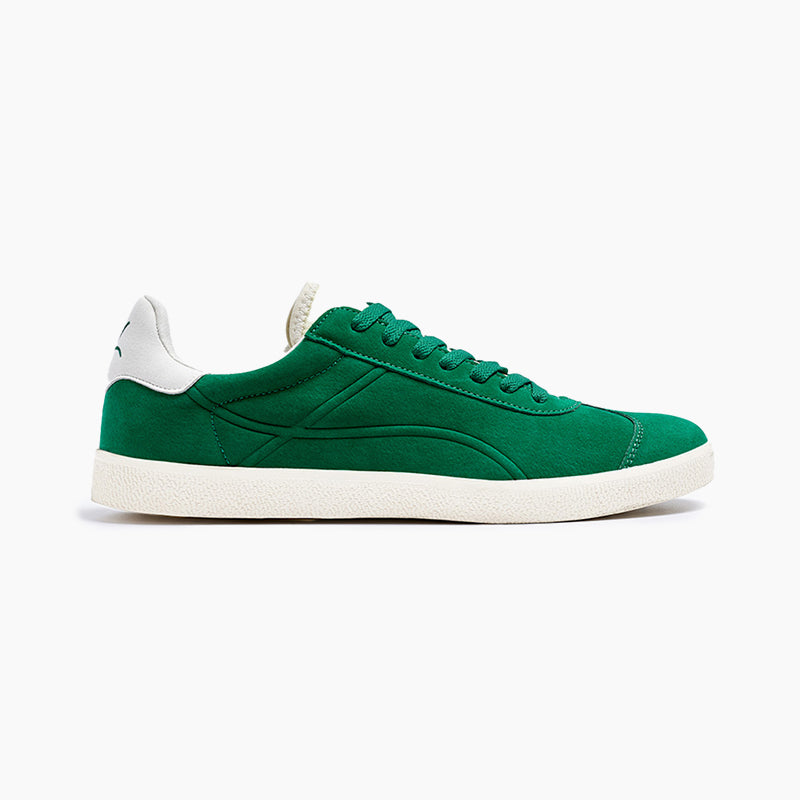


 DS Moto
DS Moto
 Sliders
Sliders
 The Sport Bag
The Sport Bag
 Socks - Pack of 8
Socks - Pack of 8






